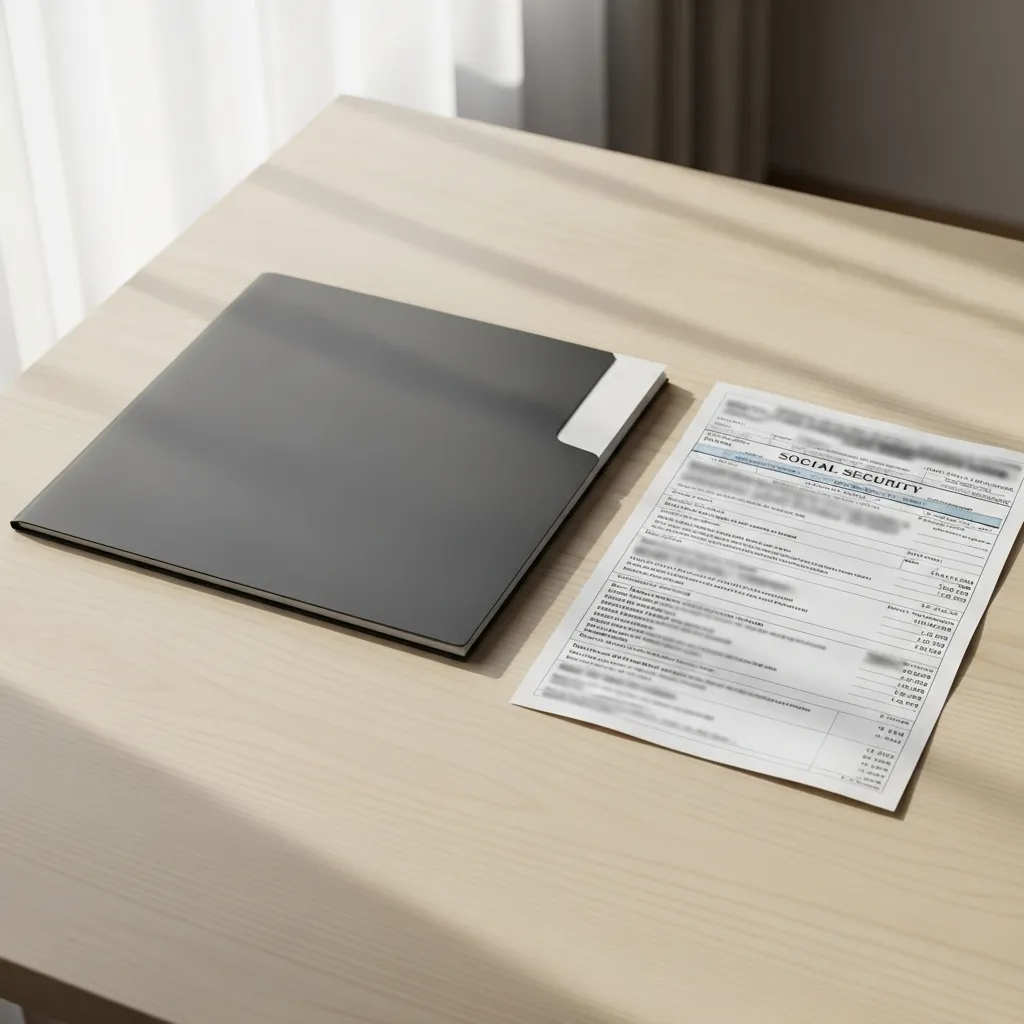
Frequently Asked Questions From a Planner’s Perspective
What if I need the money now but don’t want the permanent reduction?
This is a common dilemma. A powerful strategy here is to create an income “bridge.” Instead of claiming Social Security early, you can strategically withdraw funds from your other retirement accounts, like an IRA or 401(k), to cover your expenses for a few years. While it feels counterintuitive to spend down your savings, the math often shows that the guaranteed, inflation-protected increase in your lifetime Social Security benefit is worth more than the assets you use for the bridge. It is a calculated trade-off: using your own variable assets for a few years to purchase a much larger, government-guaranteed income for life.
Does my health really matter that much in this decision?
It matters immensely, but perhaps not in the way people think. If you have a known, serious health condition and a life expectancy that is significantly shorter than average, claiming early often makes the most sense. The breakeven calculations change dramatically. However, do not be overly pessimistic. We are living longer than ever before, and many people underestimate their own longevity. The decision should be based on a realistic assessment of your health, not just a vague fear. Delaying Social Security is a bet on living a long life, and for many, that is a very good bet to make.
What if I claim early and then keep working?
This is a critical trap to avoid. If you claim Social Security before your full retirement age and continue to work, you are subject to the Retirement Earnings Test. In 2024, for every $2 you earn above an annual limit of $22,320, the SSA will temporarily withhold $1 in benefits. This money is not permanently lost; it is credited back to you once you reach your FRA. However, it defeats the purpose of claiming early for cash flow, as your benefit checks may be reduced or eliminated entirely. The earnings test disappears completely once you reach your full retirement age.
How does the increasing FRA affect my spouse’s benefits?
The coordination of spousal benefits is a complex dance. A spousal benefit can be up to 50% of the primary earner’s full benefit amount. However, a spouse cannot claim this benefit until the primary earner has filed for their own retirement benefit. Furthermore, if the spouse claims their spousal benefit before their own full retirement age, that spousal benefit will be permanently reduced. The rising FRA means the reduction for claiming a spousal benefit early is also steeper. A couple’s claiming strategy must be holistic, considering both partners’ ages, benefit amounts, and longevity to optimize their combined lifetime income.
Is it true Social Security is going bankrupt? Should I just take the money and run?
This is the most common fear I hear, and it is based on a misunderstanding of how the system works. Social Security is not going bankrupt. The latest projections show that, if Congress does nothing, the trust funds will be depleted in the mid-2030s. At that point, the system would still be able to pay out a significant portion—around 79-80%—of promised benefits from ongoing payroll tax revenues. While a 20% cut is serious, it is not zero. Historically, Congress has always acted to make minor adjustments to ensure solvency for decades to come. Making a permanent, and often suboptimal, financial decision based on the “going broke” myth is one of the biggest mistakes a retiree can make.










